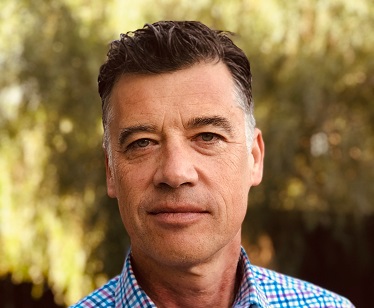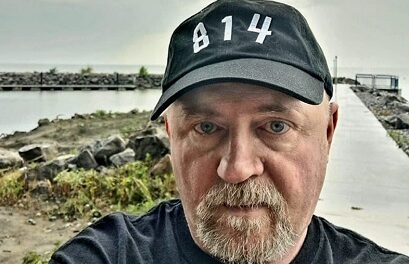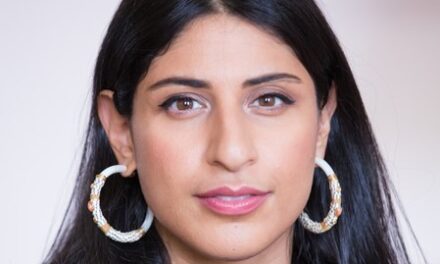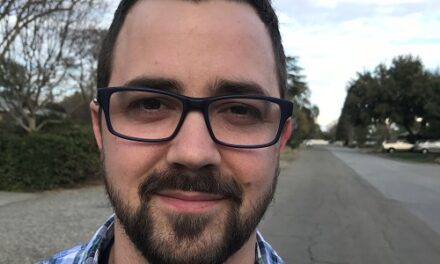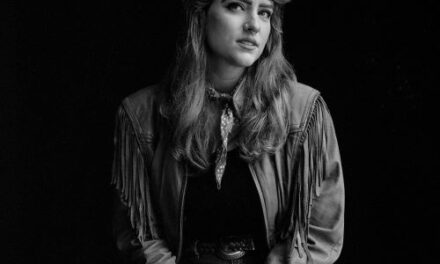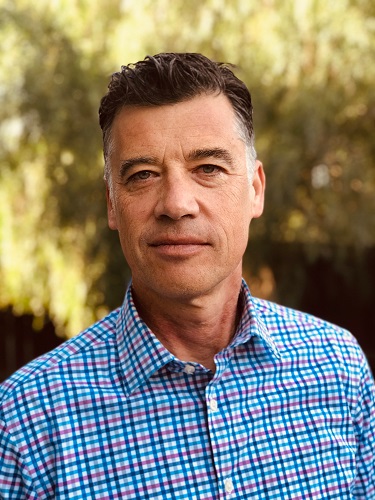
Managing Editor Lisa Ampleman: Every year at the AWP Conference, I love meeting the CR contributors who stop by our bookfair booth. This year in Seattle, one of those making a point to say hello was Craig van Rooyen, whose poetry we’ve published in Issues 17.1 and 18.2 (including “Respair,” also available here on our site). It was great to put a face to the name, and when I heard what his day job was, I asked if he would share his experiences as part of this series. Many thanks to Craig for taking the time to do so!
How would you describe what you do for your day job?
I am a state trial court judge, sitting in San Luis Obispo, California. Right now I handle criminal cases—everything from driving on a suspended license to murder.
What do you enjoy about that job, and what are some of its detractions?
I like making decisions that have an immediate impact. Was an officer’s search legal? Should a person be in custody or out while their case is pending? What kind of protective order is needed in a domestic violence case? Is someone suitable for mental health treatment court? Is the 911 call recording admissible at trial? Should someone be put on probation or sent to prison after a conviction? I get to make dozens of these kinds of decisions every week—guided by the law and by precedent, but also by listening to the real people who are affected by the decisions and figuring out a practical way forward for them.
These days, when every aspect of our lives has been politicized, just being committed to making evidence-based decisions can seem countercultural. In my county, I will often have an NRA member and an ACLU member on the same jury. As jurors, they have the same job, to look the witnesses in the eyes, listen to them, evaluate the evidence, and then have a robust discussion in the jury room that hopefully leads to consensus and a verdict. I continue to be encouraged by the way people are able to work through differences in their backgrounds to make arguments and decisions based on the evidence. I like being part of that process.
I also recognize that the criminal justice system has been used to marginalize certain groups of people and protect the power structure. On bad days I wonder if I am just part of a system that perpetuates that inequality. On good days it feels like the law is malleable enough to effect change—especially if we who are making legal decisions are humble enough to keep checking our inherited biases and worldviews.
How, if at all, does your day job inform—or relate to—your writing life?
Poetry and judging are in different worlds for me, and I get very uncomfortable when they rub up against each other (like they are doing in this interview). Poetry is of the body. It’s “incarnational” in that it complicates the line between body and spirit (or reveals that there is no such line). A poet tries to connect with a reader by providing an experience via the tiny engine of the poem. The experience has to be rooted in the senses, in the body. That means not being afraid of the way you look on the page. Curating the “I” kills the poem. As a judge, on the other hand, I cover up inside a robe and behind a bench. People literally see me as a talking head. I am a symbol. I must be neutral at all costs. Nothing is revealed except the way I think. Okay, maybe that’s too simplistic. People need to know there is a human with feelings on the bench, and they need to know they are truly being heard, but in the end it’s my conclusions (and how they are reached) that count. Good poems don’t reach a conclusion, they open up inside the reader so the experience extends beyond the last line. A good poem suspends judgment.
What creative projects are you working on right now?
I have a poetry manuscript that I’m shopping around. None of the poems are about my day job. Some of them are poems about coming of age in a religious community in the Midwest in the ’70s. Some are about being the father of daughters. Some are about being in the middle of a long marriage. Some deal with bouts of depression. But really, what poems are about doesn’t matter. It’s what they do. The working title of the manuscript is Extinction Picnic.
Craig van Rooyen graduated from UCLA School of Law and received his MFA in poetry from Pacific University. His poems have appeared in 32 Poems, Best New Poets, The Cincinnati Review, Narrative, New Ohio Review, Ploughshares, Poetry Northwest, Rattle, Southern Humanities Review, and elsewhere.

